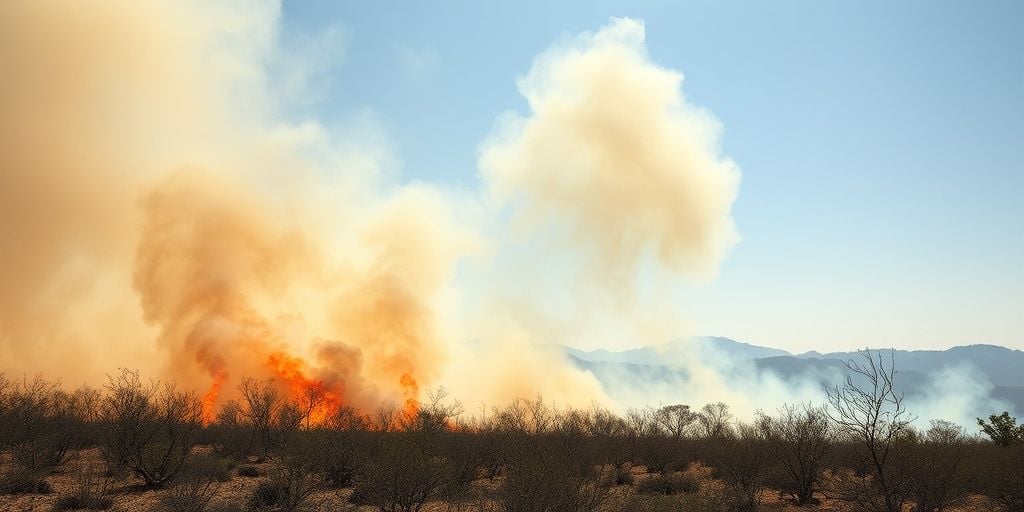The Balkans and Greece are currently grappling with a severe heatwave, accompanied by record-breaking temperatures and a surge in wildfires. This extreme weather event has prompted authorities to issue health warnings, suspend outdoor work, and close popular tourist sites as the region struggles to cope with the intense heat and its devastating consequences.
Record-Breaking Heat Grips the Balkans
Across the Balkan region, temperatures have soared to unprecedented levels, with Serbia recording its hottest day since the 19th century. Meteorologists forecast temperatures reaching 40 degrees Celsius (104 degrees Fahrenheit) in the coming week. This intense heat has led to widespread dehydration concerns, prompting health authorities to advise residents to stay in shaded or air-conditioned areas and drink plenty of fluids. The prolonged drought conditions also pose a significant threat to agricultural harvests.
- Record Temperatures: Serbia experienced its hottest day on record.
- Health Advisories: Authorities urge residents to stay hydrated and avoid sun exposure during peak hours.
- Drought Impact: Prolonged dry spells threaten crop yields.
Greece Battles Intense Heat and Wildfires
Greece is experiencing its third heatwave of the summer, with temperatures expected to reach as high as 43 degrees Celsius (109.4 degrees Fahrenheit). The extreme heat has led to the suspension of outdoor work for couriers, food delivery riders, and construction workers from midday to 5 p.m. The iconic Acropolis in Athens, a major tourist attraction, has been temporarily closed during the hottest parts of the day to protect visitors and staff. Wildfires have also broken out across the country, with firefighters battling blazes in areas like Feneos, leading to the evacuation of villages.
Regional Impact and Precautions
Other Balkan nations are also feeling the brunt of the heatwave. In Montenegro, tourists have been flocking to cooler mountain resorts to escape the sweltering Adriatic coast. Albania is battling wildfires, with international assistance from Italy and Greece. Bulgaria has also seen authorities urging businesses to provide water and reduce physical labor during high-risk hours. The extreme weather conditions are being linked to climate change, with 2024 being the warmest year on record globally.
Storms Follow Heatwave
Following the intense heat, parts of the Balkans experienced severe storms. Croatia was hit by a hail storm that caused significant damage to trees and roofs, and a ferry broke its moorings in Split, leading to a sunken vessel. Serbia also faced disruptions, with a crane falling at a construction site in Belgrade. While the storms brought some relief from the heat, they also caused damage and injuries.
EU Aid and Transparency Concerns
Separately, a report by CEE Bankwatch Network has raised concerns about the transparency and traceability of €1 billion in EU energy crisis aid for the Western Balkans. The watchdog found that a significant portion of the funds, intended to help countries weather price shocks and accelerate green transitions, lacked clear proof of long-term impact and was largely untraceable, with a call for greater transparency and accountability in the region.
Sources
- Balkans braced for record-breaking heatwave, Reuters.
- Tourists, workers seek respite as Greece, Balkans hit by heat wave, Daily Sabah.
- €1bn EU energy crisis aid in Western Balkans largely untraceable, watchdog says, bne IntelliNews.
- Storms and fires hit Balkan countries following a period of extreme summer heat, AP News.
- Acropolis shuts as heat wave scorches Greece, Balkans – World, China Daily.






